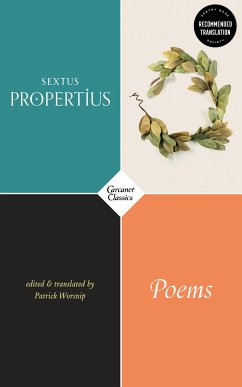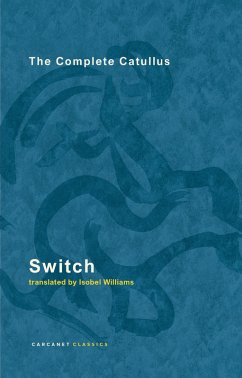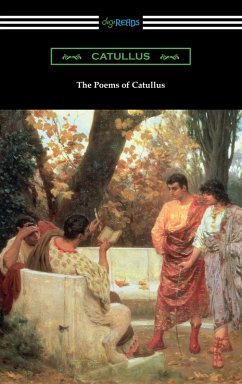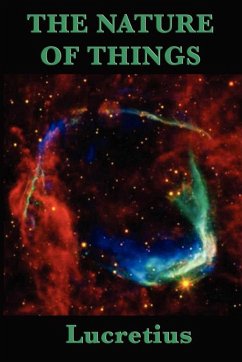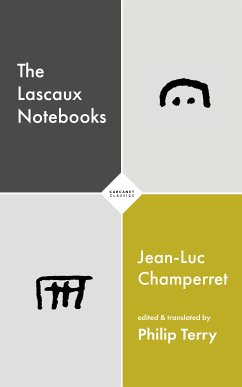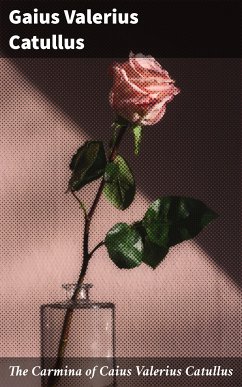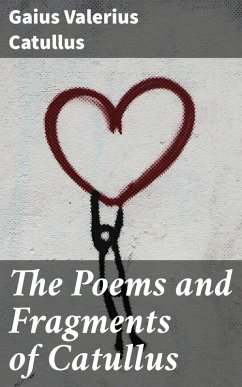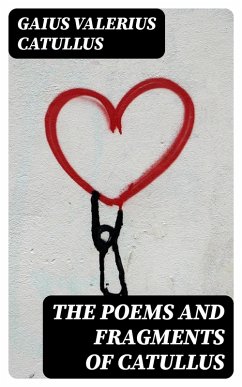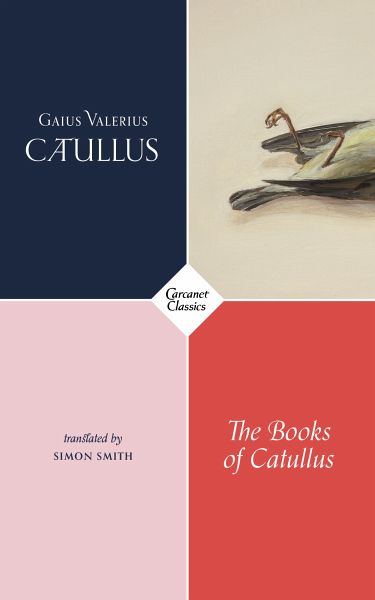
The Books of Catullus (eBook, ePUB)
Versandkostenfrei!
Sofort per Download lieferbar
12,47 €
inkl. MwSt.
Weitere Ausgaben:

PAYBACK Punkte
0 °P sammeln!
The Books of Catullus is the first full English translation to take the Roman poet at his word. Simon Smith's versions are scholarly yet eccentric, mapping theme and register to contemporary equivalents (such as poem 16, which echoes Frank O'Hara). He divides Catullus's complete verses into three 'books', the form in which it is thought the poems were originally received. 'Smith gets the all-important rhythm of Catullus, whose meters, like all else about this poet, are deceptively complex', writes Vincent Katz. 'He achieves a delicious frisson again and again by fusing the classical and the co...
The Books of Catullus is the first full English translation to take the Roman poet at his word. Simon Smith's versions are scholarly yet eccentric, mapping theme and register to contemporary equivalents (such as poem 16, which echoes Frank O'Hara). He divides Catullus's complete verses into three 'books', the form in which it is thought the poems were originally received. 'Smith gets the all-important rhythm of Catullus, whose meters, like all else about this poet, are deceptively complex', writes Vincent Katz. 'He achieves a delicious frisson again and again by fusing the classical and the contemporary. The reader is repeatedly pleasured by unexpected felicities.' (Peter Hughes)
Dieser Download kann aus rechtlichen Gründen nur mit Rechnungsadresse in A, B, BG, CY, CZ, D, DK, EW, E, FIN, F, GR, H, IRL, I, LT, L, LR, M, NL, PL, P, R, S, SLO, SK ausgeliefert werden.





